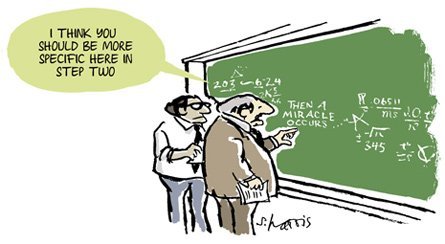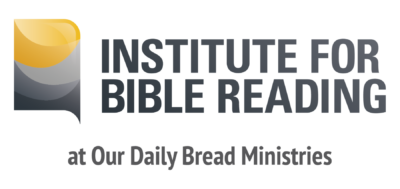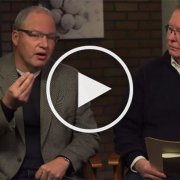Why Bible Translation and Access Aren’t Enough
How do we get from here to there?
That is, how do we move people from unfamiliarity to deep knowledge of the Scriptures? How do we mobilize them from passivity to an alive and active implementation of the biblical vision in their own lives?
For two hundred years, the modern Bible missionary movement has been addressing the critical needs of Bible translation and distribution. Millions of dollars and millions of hours of labor have been spent on the exemplary task of giving people Bibles that speak to them in their heart language.
Bible translation and distribution are important foundations for the Bible to begin its intended work in human lives. But is that all? Does putting a well-translated Bible into someone’s hands mean our work is done? The evidence would say no.

Nowhere in all of church history has anyone had easier access to so many quality Bible translations as English-speakers do in North America today. The free YouVersion Bible app installed on most of our cell phones has nearly 60 English translations. We have a wealth of Bibles and resources to help us understand the Bible in depth.
And yet.
The research tells us that people own Bibles but mostly don’t read them. When they try to read them they struggle. They feel ashamed and dumb. Therefore, more and more people are completely giving up on Bible reading. Many of those who stick with it resort to merely referencing small pieces that seem accessible. Even seminary professors lament the biblical literacy levels of incoming students – and some have confided that it’s not much better when the students graduate.
These trends have been growing for some time, causing the spirituality pollster George Gallup, Jr. to remark, “The Bible is the best-selling, least-read book in America.”
We have a superabundance of access, which has been the goal of Bible agencies for two centuries now. But the state of things, we can safely conclude, reflects a failure.
It has become clear that people need more. Not more Bibles, but focused, intentional help in actually engaging the Scriptures well. The Bible is not the kind of book you can just hand someone and assume they’ll do fine with it. It’s actually easy to go wrong when reading the Bible. It’s quite old. It’s quite complicated. It’s quite long.
The Bible is not the kind of book you can just hand someone and assume they’ll do fine with it. It’s actually easy to go wrong when reading the Bible.Click To TweetThe miracle of transformation does not happen just because there are Bibles on our shelves.
Readers of this sacred, vital text need to know:
- What kind of book is this?
- What are we supposed to do with it, exactly?
- What’s the right way to engage this kind of material?
- How does an ancient text relate to our lives today in a very different world?
It is not immediately obvious to people how to walk down the path of Bible engagement. People really do want help going deeper and understanding their Bibles. The hard work of supporting and walking alongside these people so the Bible can be all it was meant to be in their lives has to be done.
The translation of Bibles is important. The distribution of Bibles is important. But when the story ends there, it’s not enough.
Bible engagement leading to life transformation is the goal.
The Scriptures themselves assert that they are a divine speech act. That is, they are active words—words that do things: instruct, inspire, reveal, judge, convict, heal, and save. The Scriptures promise that they contain the power to bring change to the world, to transform the creation in the direction of God’s ultimate purposes for the flourishing of life. For this promise to be fulfilled, however, the Scriptures must be received, understood, and lived on their own terms.
The Institute for Bible Reading is focused on helping people reach this one goal. We’ve already been working on it, and some amazing progress has already been made. But until all people around the globe have experienced this revolution in Bible reading and understanding, we can’t and won’t rest.








